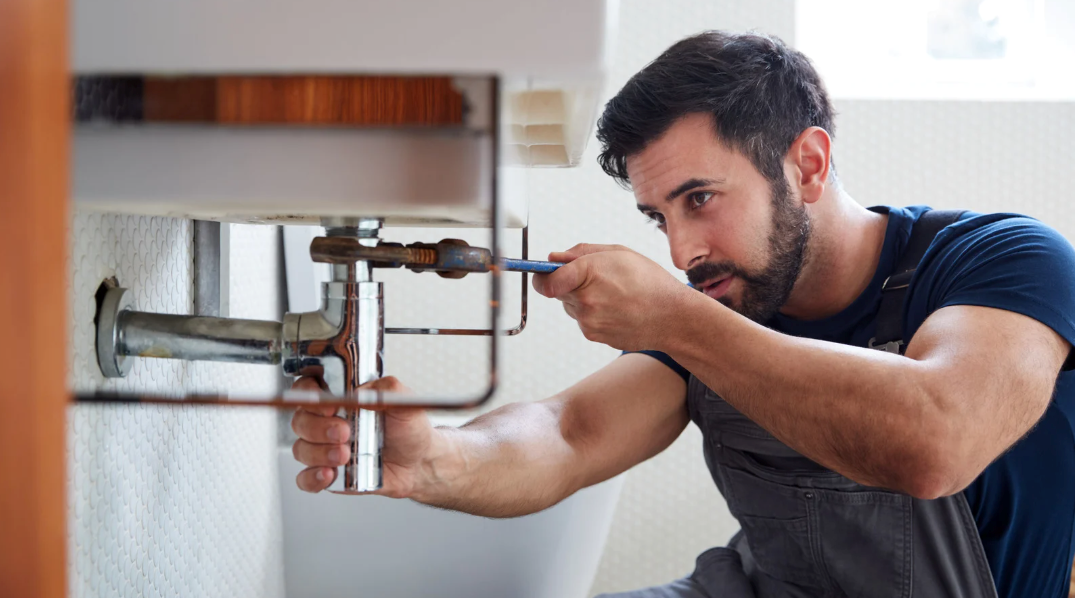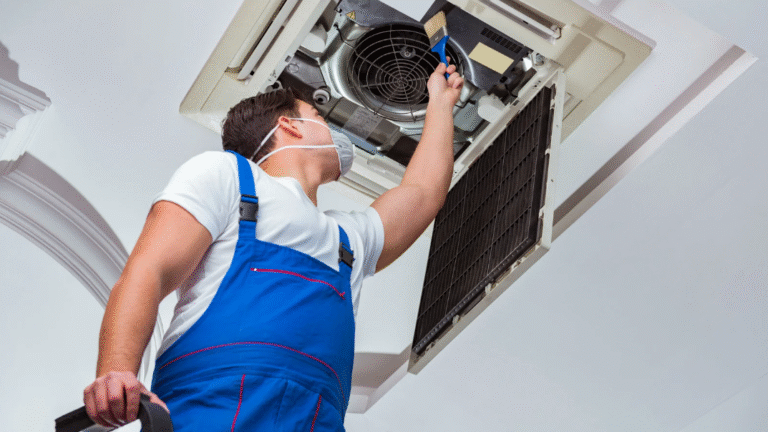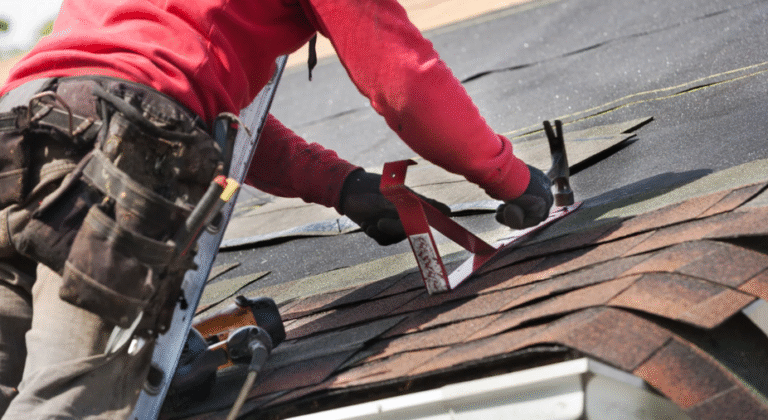Understanding the Dangers of Gas Leaks and How a Plumber Can Help
Gas leaks pose a serious threat to both safety and property, especially when left undetected. While natural gas is a common and efficient source of energy for many households, even a small leak can escalate into a life-threatening emergency. From physical symptoms like dizziness and headaches to fire hazards and long-term health issues, the risks demand immediate attention.
A trained plumber in Dayton plays a crucial role in both detecting and repairing gas line issues. Their expertise ensures the problem is addressed correctly the first time, reducing the likelihood of recurrence and protecting your home and family from potential catastrophe.
Signs You May Have a Gas Leak
Before diving into how professional help makes a difference, it’s important to recognize early signs of a gas leak. The most obvious indicator is the smell of rotten eggs; an odorant added to natural gas to help with detection. Other warning signs include hissing sounds near appliances, unexplained health symptoms, dead houseplants, and rising gas bills.
It’s vital not to ignore these symptoms. Any delay in addressing a potential gas leak increases the chance of explosions, fires, or carbon monoxide poisoning. In such situations, you should immediately evacuate the area and contact emergency services; then schedule an inspection by a qualified plumber.
See also: Can Home Security Systems Keep You Safe While You Sleep?
The Importance of Hiring a Licensed Professional
Correcting gas leaks is not a task for general handymen or unlicensed workers. It requires precise knowledge of local building codes, proper tools, and a deep understanding of gas line layouts and material compatibility. When reviewing why you should always hire a licensed plumber, safety, accountability, and long-term performance top the list.
Licensed plumbers are trained to conduct leak tests, repair or replace faulty pipes, and verify that all work complies with regulatory requirements. Their involvement not only resolves the immediate threat but also prevents secondary damage to HVAC systems, appliances, and home structures.
If your gas system has been tampered with by unqualified individuals, it may no longer meet safety standards. In such cases, a certified plumber can bring the setup back into compliance and document all necessary corrections; essential for insurance claims and resale inspections.
Choosing the Right Plumber for the Job
Selecting a contractor with the right qualifications and service mindset is key. While many providers offer plumbing services, not all are equipped to handle gas line repairs. It’s worth evaluating experience, emergency response time, and transparency in pricing. Understanding how to choose the right plumber for your home starts with checking for state licenses, insurance coverage, and customer reviews.
In emergencies, availability becomes just as important as expertise. Look for plumbing services that offer 24/7 support and can prioritize high-risk issues like gas leaks. Ask about warranties, system testing procedures, and whether they follow post-repair inspection protocols.
Reputable plumbers will walk you through each step, from initial diagnostics to pressure testing and final clearance. Their professionalism provides peace of mind, ensuring your household is no longer at risk from a hidden leak.
Conclusion
Addressing gas leaks is never optional; it’s a matter of health and safety. Whether you’ve identified subtle signs or faced an obvious emergency, engaging a plumber ensures fast, code-compliant solutions that protect both people and property. From accurate leak detection to safe repair and future prevention, a licensed professional provides more than service; they provide security.






